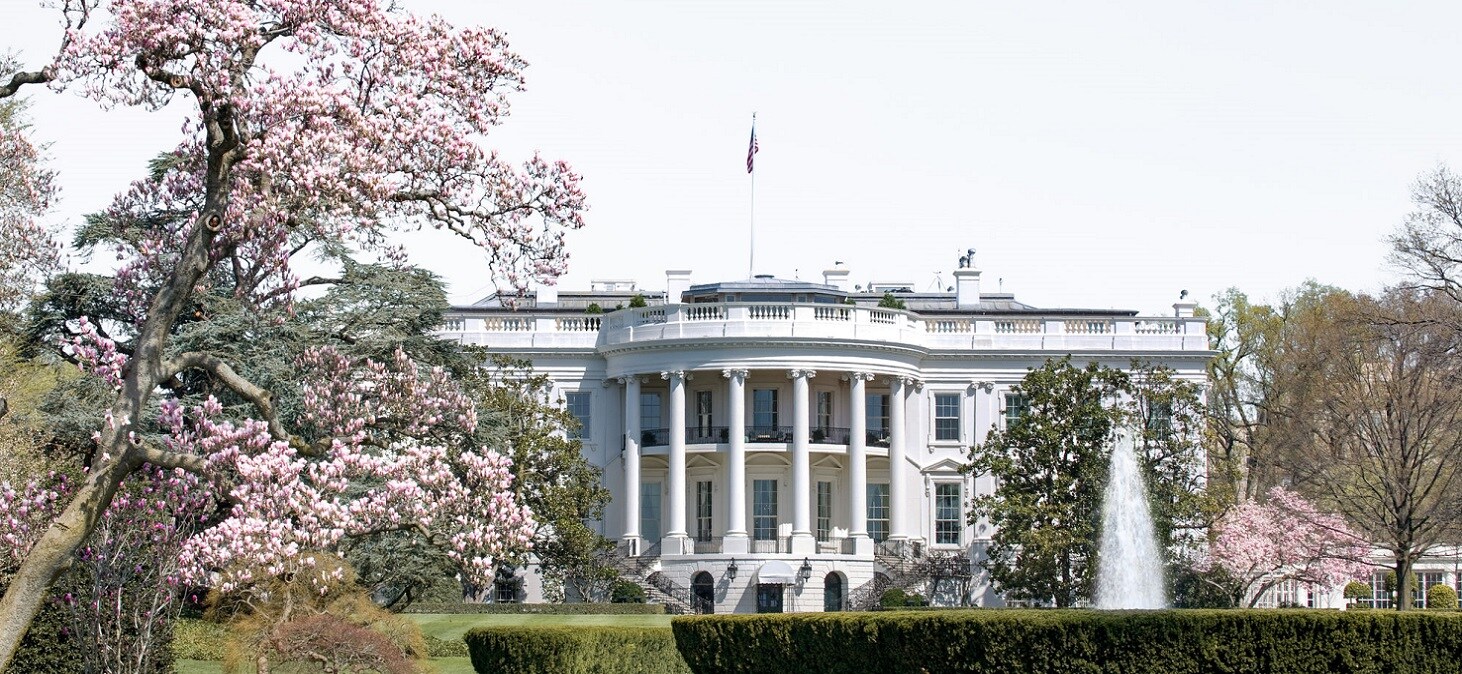
(UBS)
More details are likely to emerge in coming months, but the policy platforms of the two presidential candidates are somewhat clear. However, the ability of either candidate to pursue any transformational legislative agenda in 2025 will depend upon the outcome of congressional races. Republicans have the edge in the race to reclaim control of the Senate, as they have fewer seats to defend and are well positioned in many state races. The latest polls and prediction markets give former President Trump a slight lead, though some ground has been recently lost to President Biden. However, there's a large pool of undecided voters in key battleground states. We therefore believe the most likely outcome of the election is either a “red sweep,” where Republicans win the presidency and control both chambers of Congress, or a split government, where Democrats win the presidency and the lower chamber of Congress.
A Trump administration is likely to focus on trade relations, higher tariffs, and lighter regulation. Higher tariffs would be a headwind to companies with supply chains abroad, particularly those exposed to China. Sectors most exposed are consumer discretionary, industrials, and tech. Moreover, US companies operating abroad could get caught in the crosshair of retaliatory measures. At the same time, higher tariffs could benefit domestic producers in areas such as steel, lumber, aluminum, and solar cells. A Trump presidency is likely to de-emphasize sustainability and green energy initiatives. The traditional energy and financial sectors would benefit from a more relaxed regulatory environment. Less stringent antitrust enforcement could spur a pickup in M&A activity.
A second Biden administration is likely to largely be a continuation of the status quo, with the caveat of potentially higher corporate taxes to help fund fiscal spending if the Democrats capture both houses of Congress. But we believe that this “blue sweep” scenario is a low probability and that a Biden win is likely to be accompanied by a split Congress. Therefore, Biden would be forced to rely primarily on executive actions and regulatory oversight for matters such as climate change initiatives. However, recent US Supreme Court decisions to rein in federal agencies' regulatory authority could limit the implementation scope without the explicit support of Congress.
Main contributors: David Lefkowitz, Nadia Lovell, and Matthew Tormey
Fore more on which companies could benefit depending ont eh election outcome, see our report - US election stock lists, 18 June 2024.


